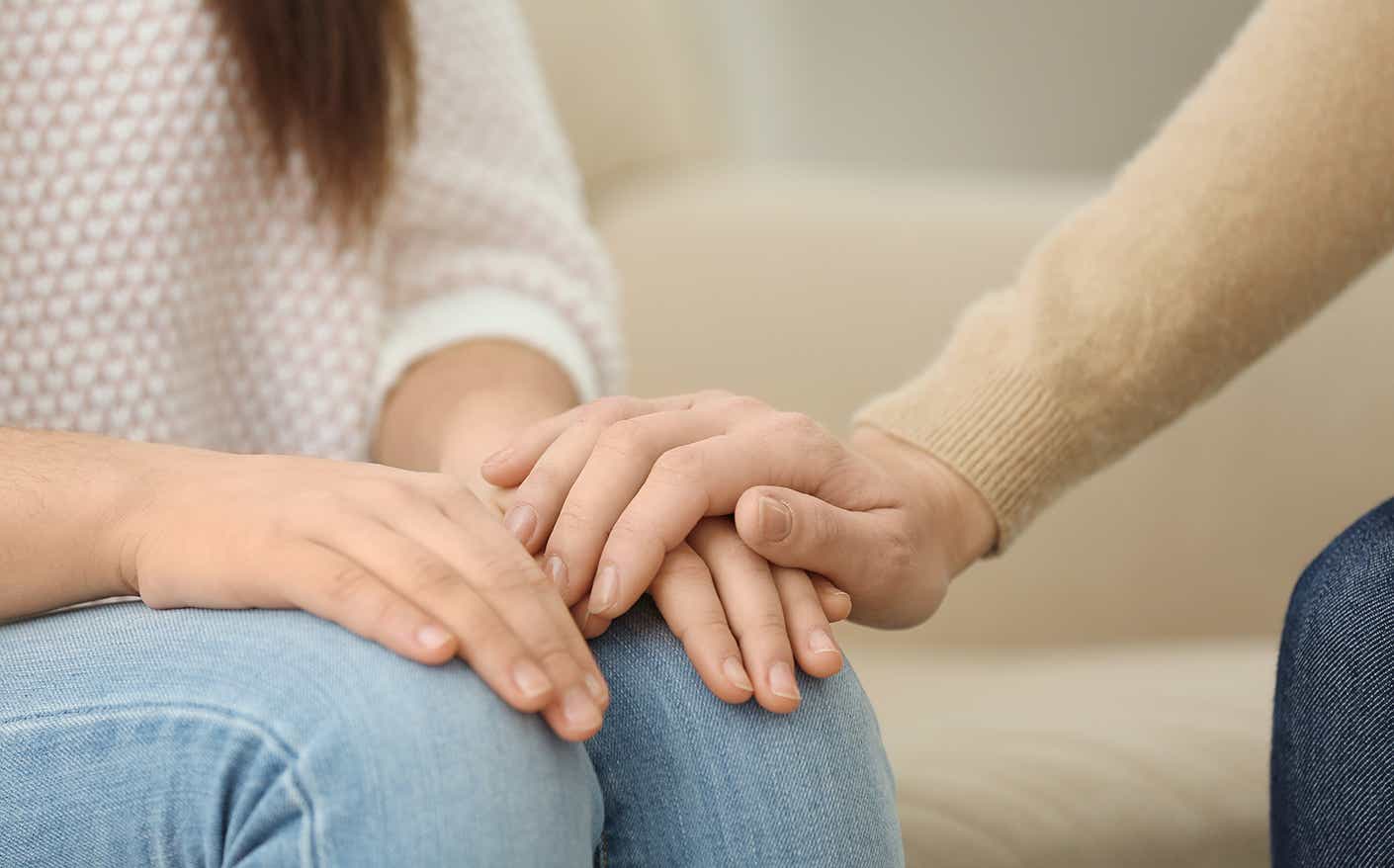Kenneth Cole wants you to know that if you’ve ever felt like a square peg in a round hole, you’re not alone. That’s why he decided to start The Mental Health Coalition, which works to destigmatize mental health conditions by helping to provide access to mental health services to all.
The Mental Health Coalition has worked to combine the efforts of major institutions like The Child Mind Institute, The Trevor Project and The American Foundation for Suicide Prevention to help marry needs with resources. We spoke with Cole about why he chose to focus his efforts on mental health, how Covid-19 has exacerbated the mental health crisis, and how he got celebrities like Kendall Jenner to join in his effort.
KCM: You did a lot of work in the fight against HIV. Why did you decide to make mental health your next challenge?
Kenneth Cole: I spent years working in the world of HIV and AIDS. I was the chairman of amfAR for 14 years, and I’m still a UNAIDS Global Goodwill Ambassador. AIDS was a huge problem, and of course it’s still a problem — almost 40 million people in the world are living with HIV/AIDS. In contrast, the World Health Organization says that one in four people are impacted by mental health conditions. I quickly came to realize that it’s actually more like four in four. Because if it isn’t you, it’s somebody you love, or somebody in your community or your workplace. Everybody today is either living with a mental health condition or knows someone who is. This issue impacts everybody — including both Democrats and Republicans. So it’s one of the few really bipartisan issues we’re facing as a country.
Everybody understands the compassionate case for mental health, but people don't understand the business case for it. It's an important one. A huge percentage of all absenteeism in the workplace everywhere is because of mental health issues. This results in trillions of dollars lost in the economy. Apart from that, suicide is a leading cause of death in those 15 to 29, and that number is growing at a frightening rate. It's a crisis, and it's one that we have thus far failed to address.
How has Covid-19 changed the landscape of mental health?
Covid-19 had made the mental health crisis even more urgent. There was a study done on people who were quarantined during the SARS epidemic, and that was for weeks or months, not a year as we’ve now been through. One-third of those people exhibited symptoms of PTSD, and one-third with symptoms of depression. So nobody can argue the realities of what Covid-19 has done to our population when it comes to mental health. I think these issues are going to continue to grow as people contemplate a post-Covid world, and try to make sense of what’s happened.
Do you have a personal connection to mental health that drew you to this issue?
So many people that I love struggle with mental health issues, and I found that there wasn’t a comfortable way to discuss it. It’s ultimately something that people have to choose whether they want to share openly or not, but the stigma is still astounding. I think it’s almost comparable to what HIV was like 20 years ago, and this is exponentially more pervasive.
A lot of men don’t want to talk about their feelings, although some like me don’t know any better! Then there are certain cultures where speaking openly about mental health isn’t tolerated. When people are struggling with mental health and don’t feel comfortable getting help, it can be absolutely debilitating. So we set out very ambitiously to see if we could change the perception about mental health. I'm in the perception business. I’m not a trained clinician, or a psychiatrist, but I’m good at convening the right people, and getting information out into the world. We were able to bring together an incredible group of people and organizations who are so qualified and committed to this cause, but might not have had access to a large audience. By bringing everybody together and aggregating all these resources, our intention was to see where there was overlap, and to make any voids very clear.
Do you think that mental health issues are more pervasive in the fashion community?
Mental health issues are definitely pervasive in the fashion community, but I'm reluctant to say that they’re more pervasive. I think the fashion community is willing to give a voice to social issues, and always rises to the occasion at times of crisis. I don't know that they're disproportionately impacted by mental health issues more than any other industry, but to generalize, maybe the bankers aren’t talking about it as much. I hope that changes.
How did you end up teaming up with Kendall Jenner on this?
I was speaking with Kris Jenner, and she let me know that mental health awareness was something that was very personal to Kendall. So Kendall and I spoke, and we decided to do the How Are You Really Challenge with her. Then she invited her sister Kim to participate, and the Biebers, and they decided to put themselves there and share their emotions and allow people to respond. When you have people who are willing to stand up and use their celebrity and their platform in a positive way that inspires others to do the same, it can be very powerful.
This conversation has been edited and condensed.
Written and reported by Emily Pinto.









